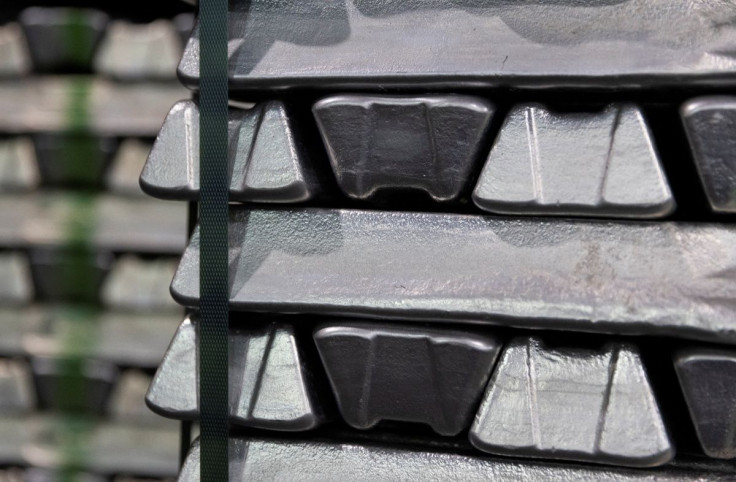Gas And Aluminium Hit Fresh Records; Oil, Wheat Soar On Supply Turmoil

Commodity prices raced still higher on Thursday as Russia's invasion of Ukraine entered a second week, disrupting global raw material flows and boosting natural gas, coal and aluminium to record peaks, while crude oil and wheat scaled multi-year highs.
Russia's stature as a top supplier in oil, gas, metals and grain has meant that harsh sanctions applied to Russian entities following Moscow's invasion of Ukraine has derailed critical resource supply chains.
"The invasion has upended the markets, supply chains are ceasing to work, which means we have dislocations all over the place," said Ole Hansen, head of commodity strategy at Saxo Bank in Copenhagen.
In just the past week since Russia launched its invasion, Dutch gas prices have more than doubled, Newcastle coal has surged by 85% and Brent crude oil has climbed by a fifth.
Analysts warned that soaring prices due to supply shocks from Russia and a rebounding economy in top commodity consumer China are likely to spur demand destruction in the short-term.
"That is the perfect storm in commodity markets," Jefferies analyst Christopher LaFemina said in a note.
Brent crude oil extended gains to almost $120 a barrel, its highest in nearly a decade, following a fresh round of U.S. sanctions that target Russia's oil refining sector and data showing crude stockpiles in the United States, the world's top oil consumer, had hit multi-year lows.[O/R]
While earlier sanctions specifically did not target the energy sector, they were aimed at financial transactions and banks, which were hampering exporting capabilities from Russia, whose oil exports account for about 8% of global supply.
"Oil prices are likely to continue to climb - potentially beyond $130 per barrel," said Rystad Energy Chief Executive Jarand Rystad.
The rally later lost its fizz, however, as prices slipped into the red on rising prospects for an Iran nuclear deal that could add extra supplies.
Dutch gas prices touched a record 199 euros per megawatt hour, while Newcastle coal futures have also been on a blistering run since sanctions were slapped on the third-largest exporter, surging to a record $440 a tonne this week. [NG/EU]
ALUMINIUM HITS RECORD
On metals markets, aluminium roared to another record peak, touching $3,741 a tonne on the London Metal Exchange, while nickel surged 8% to its highest in 11 years. [MET/L]
Russia accounts for about 6% of the world's aluminium and about 7% of global nickel mine supplies.
Precious metal palladium, for which Russia accounts for 40% of global output, jumped as much as 4.8% to nearly $2,800 an ounce, a fresh seven-month high.
Gold was barely steady, as safe-haven demand was eroded by worries about further interest rate rises that boost the opportunity cost of holding bullion. [GOL/]
In grains, Russia and Ukraine were projected to account for 29% of global wheat exports in 2021, according to the U.S. Department of Agriculture, so global wheat prices have jolted higher to try to accommodate a big drop in supplies from both counties.
Chicago wheat extended its surge to set another 14-year high, taking weekly gains to more than a quarter, as Russia's invasion continued to fan fears of massive disruption to exports from the Black Sea region.
U.S. wheat futures gained 7.2% to $11.16 a bushel, its highest since March 2008. [GRA/]
Russia and Ukraine also account for 19% of corn exports and 80% of exports of sunflower oil, which competes with soyoil and palm oil.
Malaysian palm oil prices advanced as much as 5.7%, hovering near record highs, on expectations that buyers would turn to the tropical oil to compensate for limited supplies of Black Sea sunflower oil. [POI/]
© Copyright Thomson Reuters 2024. All rights reserved.



















